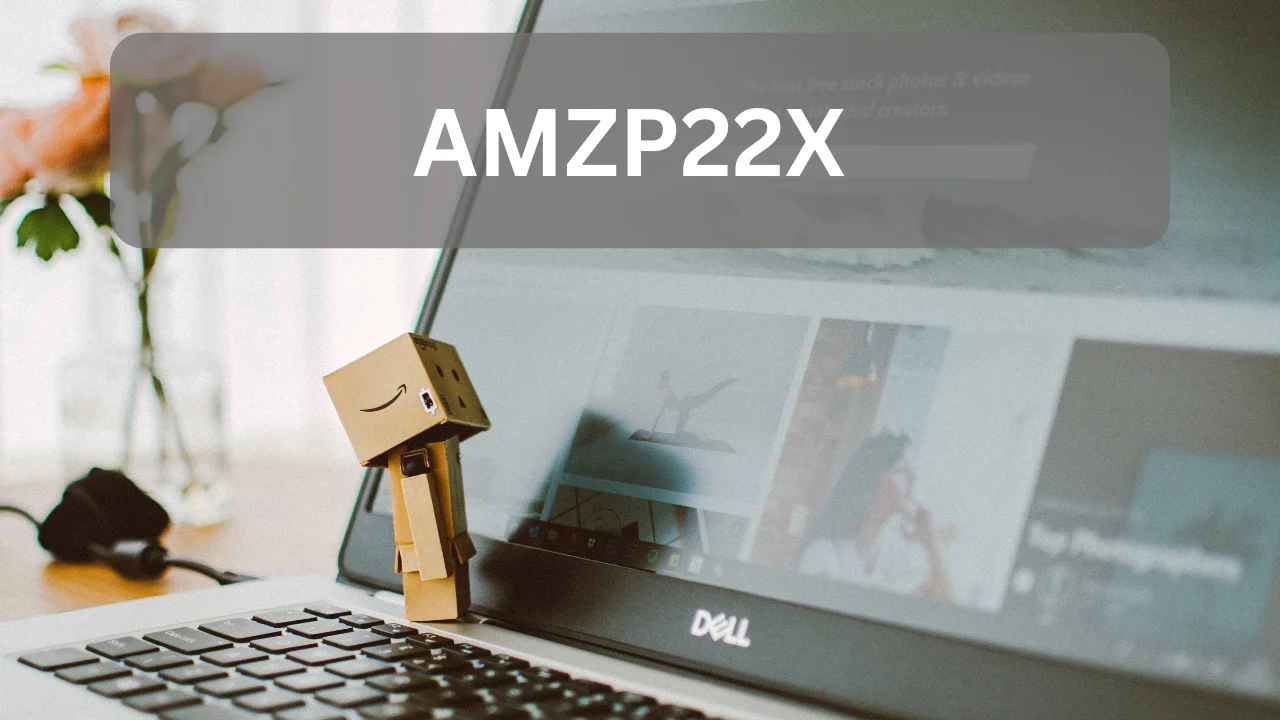When it comes to buying a home, one of the most important questions is, “Fintechzoom How Much House Can I Afford?” This comprehensive guide will walk you through the steps to determine a budget for your new home, taking into account your income, expenses, and financial goals.
The amount of house you can afford typically depends on several factors, including your income, debt, and monthly expenses. A good rule of thumb is that you can afford a home that costs up to 2.5 to 3 times your annual salary. However, a more detailed approach involves calculating your debt-to-income ratio, considering your monthly budget, and understanding various mortgage options.
Understanding Your Budget
1. Evaluate Your Income and Expenses
Start by assessing your monthly income and subtracting all your expenses. This includes debts such as car loans, credit cards, and student loans. What remains is your disposable income, which will help you determine how much you can allocate toward a mortgage payment.
2. The 28/36 Rule
Financial experts often recommend the 28/36 rule, which suggests that you should spend no more than 28% of your gross monthly income on housing expenses and no more than 36% on total debt (including your mortgage, car loans, and credit card payments).
Mortgage Options and Down Payments
1. Explore Different Mortgage Types
Understanding the different types of mortgages is crucial. Common options include:
- Fixed-Rate Mortgages: Offer a constant interest rate and monthly payment.
- Adjustable-Rate Mortgages (ARMs): Interest rates change periodically, which can affect your monthly payments.
- FHA Loans: Insured by the Federal Housing Administration, these loans require lower down payments and are easier to qualify for than conventional loans.
- VA Loans: Available to veterans and active military members, these loans often come with favorable terms.
2. Save for a Down Payment
While you can get a conventional loan with as little as 3% down, aiming for a 20% down payment can help you avoid private mortgage insurance (PMI) and lower your monthly payments. This substantial down payment also improves your chances of securing a favorable mortgage rate.
Additional Costs to Consider
1. Property Taxes and Home Insurance
Don’t forget to factor in property taxes and home insurance when calculating your monthly budget. Property taxes vary by location and can significantly impact your overall housing cost.
2. Maintenance and Utilities
Owning a home involves ongoing maintenance and utility costs. It’s wise to allocate about 1% of the home’s value annually for maintenance and repairs.
Using Online Calculators
Online affordability calculators can provide a more precise estimate of how much house you can afford by considering your income, debts, and other financial factors.These tools are a great starting point for understanding your budget.
Practical Tips for Home Buying
1. Get Pre-Approved for a Mortgage
A pre-approval letter from a lender indicates that you are a serious buyer and can afford the home, which can give you an edge in competitive markets.
2. Work with a Real Estate Agent
A knowledgeable real estate agent can help you navigate the home-buying process, negotiate better deals, and find homes within your budget.
3. Stick to Your Budget
It’s easy to get carried away by your dream home, but staying within your budget prevents future financial strain. Remember the importance of a manageable mortgage that allows you to meet other financial goals.
FAQs
1. What is the 28/36 rule?
The 28/36 rule suggests you spend no more than 28% of your gross monthly income on housing expenses and no more than 36% on total debt.
2. How does a higher down payment benefit me?
A higher down payment can lower your monthly mortgage payments, avoid PMI, and potentially secure a better interest rate.
3. What additional costs should I consider besides the mortgage?
Consider property taxes, home insurance, maintenance, utilities, and potential HOA fees. These can significantly affect your overall budget.
4. Should I get pre-approved for a mortgage?
Yes, getting pre-approved shows sellers you’re a serious buyer and can afford the home, which is advantageous in competitive markets.
5. What is a debt-to-income ratio?
Your debt-to-income ratio is the percentage of your gross monthly income that goes towards paying debts. Lenders use this ratio to assess your borrowing risk.
Also Read: 2023 Mazda MX-5 Miata
Conclusion
Determining how much house you can afford involves careful consideration of your income, expenses, and financial goals. By following the 28/36 rule, exploring various mortgage options, and accounting for additional costs, you can make a well-informed decision. Utilize online calculators and seek professional advice to ensure your home purchase fits comfortably within your budget. Ready to take the next step? As we’ve discussed, you can find more resources and tools to help you navigate the home-buying process with confidence by visiting Fintechzoom How Much House Can I Afford?

Stephen Norman is a skilled and accomplished writer known for his versatility across numerous niches. He consistently delivers insightful and engaging content in various fields. Stephen’s extensive experience and profound expertise make him a highly sought-after author in the digital writing sphere.











